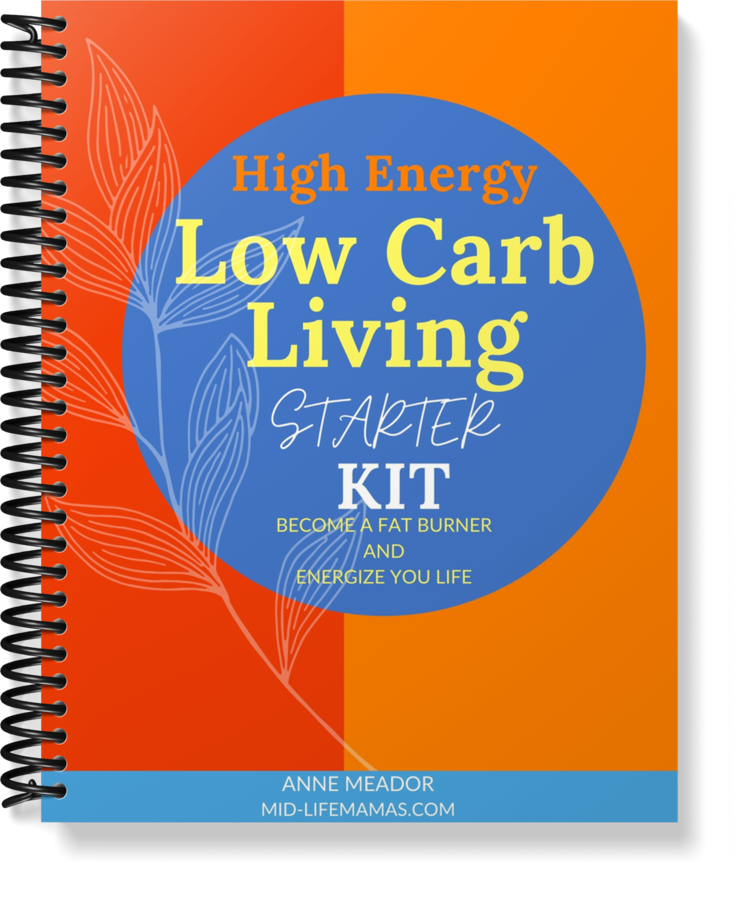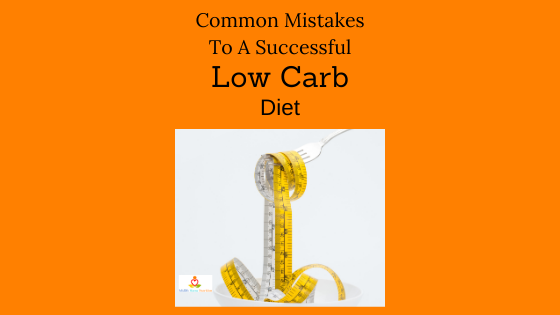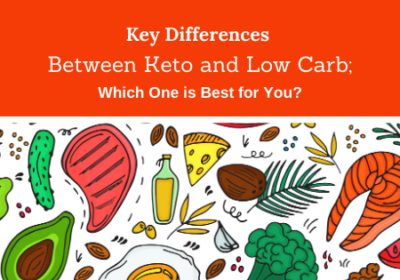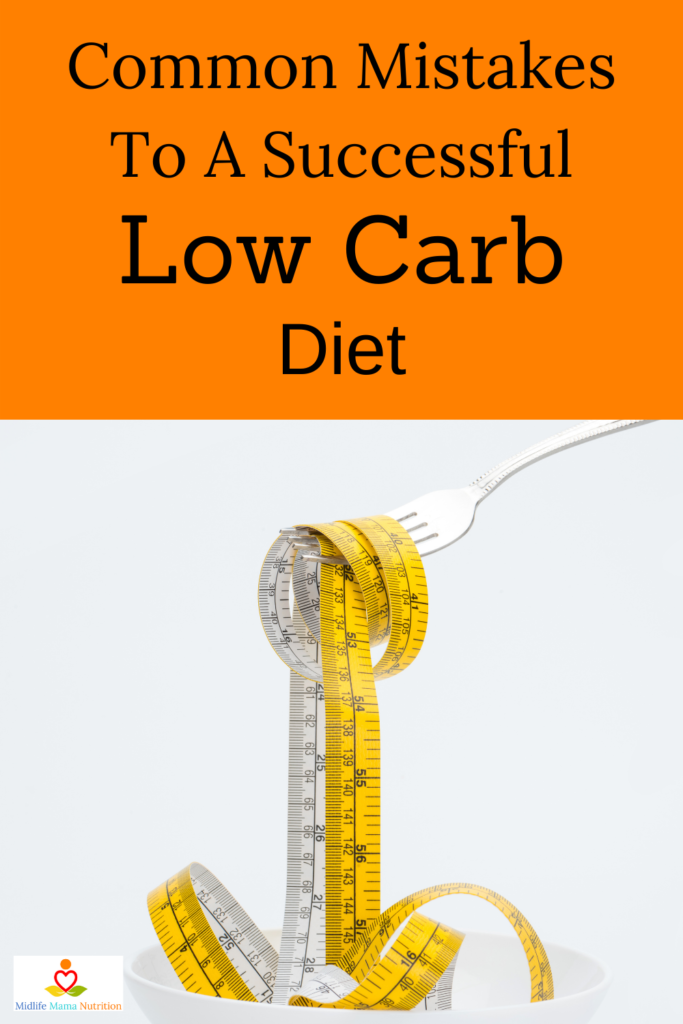
So you started a low carbohydrate diet, and you’ve lost weight, started burning fat for energy, and you feel great, and then you’re not. You start gaining the weight back. Or you started your low carb diet and you were miserable, didn’t lose any fat or weight, and gave up. What happened? More than likely you made one or more of these common mistakes to a Successful Low Carb Diet.
These common mistakes to a successful low carb diet are easy to avoid
Not Eating Enough Fat
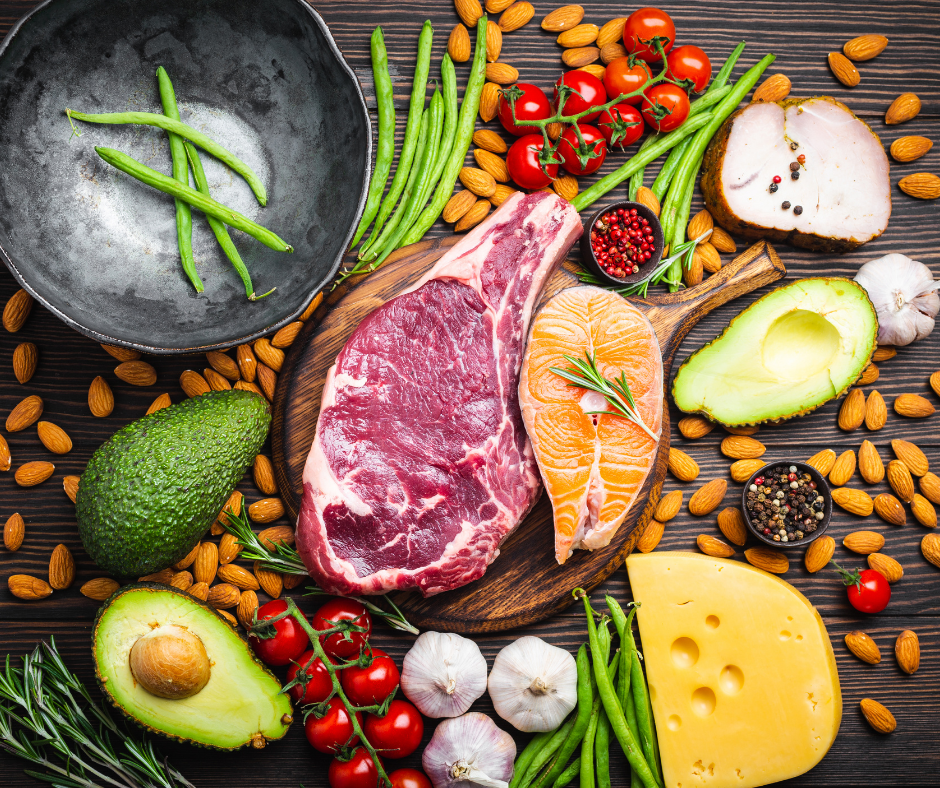
This might sound counterintuitive. Most of us have been taught in the past that fat makes you fat. This is a fallacy. Fat doesn’t make you fat, sugar makes you fat.
One of the main reasons caloric restricted diets don’t work is that you’re always hungry. You feel like you’re suffering, and no one likes to suffer. You rely on willpower. Willpower is a great skill, but it’s not sustainable for most of us.
When you’re on a low-carb diet, you’re replacing most of your carbohydrates with protein and fat. Not only do these foods taste great, but they also leave you feeling full.
This is one of the most common mistakes to a successful low carb diet; remember, fat doesn’t make you fat; sugar does. Try adding salmon, avocado, walnuts, olive oil, and eggs to your diet
Want to learn more? Get our FREE High Energy-Low Carb Lifestyle Starter Kit.
Eating “Keto Friendly” Foods

Keto-friendly foods are all over the place these days. If something is marked “keto-friendly,” it’s assumed that it’s super low in carbohydrates. This is not always the case because food manufacturers take into account net carbs, not total carbs.
Net carbs are the number of carbs left over after subtracting the number of fiber grams and some of the sugar alcohols. The theory is that fiber and sugar alcohols have little or no effect on your blood sugar levels and shouldn’t be counted towards your carbohydrate intake. As a result, your body doesn’t produce a spike in insulin, also known as the “fat-storing” hormone.
One of the problems with these Keto-Friendly foods is that they still make your body crave sugar. Your brain doesn’t know the difference between different types of sugar. What it does know is that it likes sugar and wants some more, so your sugar cravings don’t decrease they can actually increase.
When you crave sugar you’ll more than likely eat more and may even go for non “keto-friendly” foods. Reduce your cravings for sugar and you’ll be more successful living a low carbohydrate lifestyle.
Another problem is that companies define net carbs differently, so there is no consistency on what it means. “Currently, there are no Food and Drug Administration (FDA) regulations for the use of carbohydrate claims on food package labels, as there are for claims about fat, such as “low fat,” “reduced-fat,” and “fat-free.” [1]
If you stick with total carbs, there’s no question about how many carbs you’re actually eating.
Lack of Sleep

I’m sure you’ve noticed that you don’t always make the best decisions when you’re tired. But have you ever noticed when you’re tired that you specifically make bad food decisions?
You are not alone. Studies suggest that sleep deprivation is associated with increased hunger, leading to sugar and fat cravings [2].
This is due to changes in these hormone levels.
- Ghrelin-The “hunger” hormone- increases
- Leptin-The “appetite-suppressing” hormone- decreases
- Cortisol-The “stress” hormone may increase blood sugar levels when elevated for long periods of time
Another reason for craving carbs when you’re tired is that it makes our brains think we’re living back in the hunter-gatherer days. Before we had access to food 24 hours a day, we weren’t sure when our next meals were coming. So we had to store it for the future when we didn’t have food readily available. The lack of sleep triggers this old “feast or famine” mentality.
How much sleep do you get at night? Avoid this common pitfall to a Successful Low Carb Diet and get a minimum of 7 hours of sleep a night.
Want to learn more? Get our FREE High Energy-Low Carb Lifestyle Starter Kit.
Carb Creep
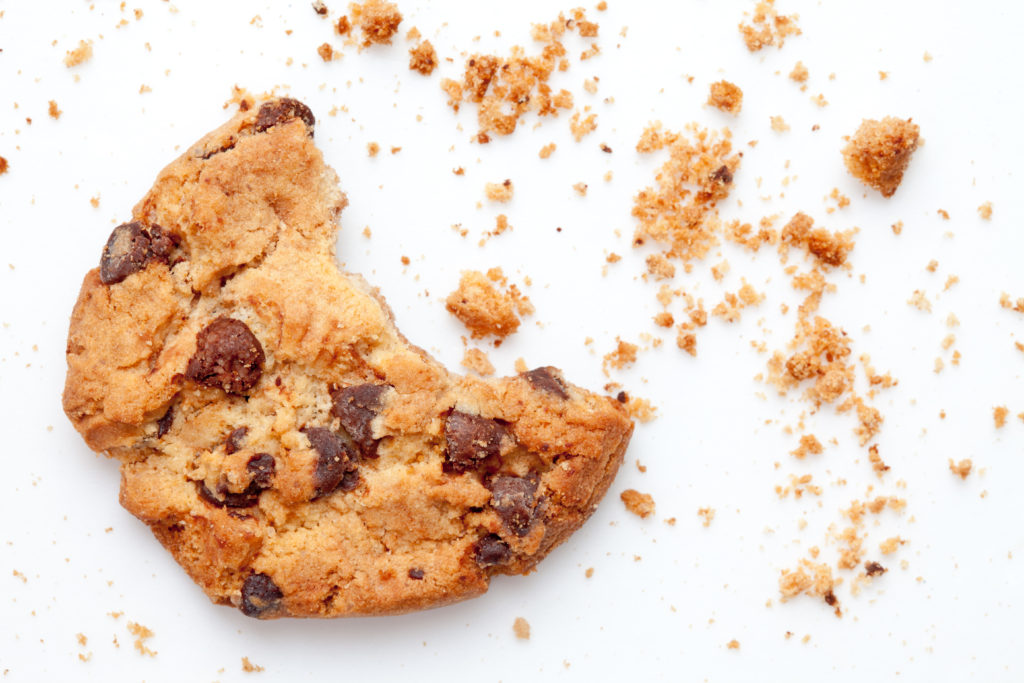
No, this isn’t a new horror film on Netflix. This happens to a lot of people who are on a low carb or ketogenic diet. When you start a low-carb diet, you’re super sensitive to what you’re eating and are careful about what you eat. As time goes by, you may get “lazy” and not pay close attention to what you’re eating. That’s when and the carbs “creep” into your diet. Next thing you know, you’re back to your old eating habits.
“I’ll have one piece of cake, or cookie, or cracker, or you fill in the blank. You have just one, which leads to a few more. You don’t see any weight gain, so the next time it gets easier and easier. The next thing you know, you’ve let the carbs creep back in, and WHAM! Your weight loss stops, or worse, it goes backward.
Avoid this common pitfall to a Successful Low Carb Diet and just say no to Carb Creep!
Want to learn more? Get our FREE High Energy-Low Carb Lifestyle Starter Kit.
Not Replacing Electrolytes

When you’re on a low carbohydrate diet, you’re not giving your body the glucose that it’s used to. Glucose (and keytones) are the only energy source used by your brain. So your body, being the amazing machine that it is makes glycogen primarily in the liver which is called gluconeogenesis.
Glycogen is a backup fuel when your glucose levels get low. To maintain your blood sugar levels, glycogen (the stored form of glucose) is released from your liver along with water. When water flushes out of your body, it takes electrolytes, minerals, and vitamins with it.
A low-carb diet also causes your kidneys to excrete more sodium and potassium [3] due to lower insulin levels. This can throw the electrolyte balance off in your body. When this happens, you may feel sick. This is often referred to as the “Keto Flu.” It may cause you to give up your High Energy-Low Carb Lifestyle and not switch to a fat burner before you start.
Try adding a liquid electrolyte supplement to your water. DON’T try to replace them by drinking Gatorade or other sugary drinks
Want to learn more? Get our FREE High Energy-Low Carb Lifestyle Starter Kit.
Don’t Give Up Before You Start
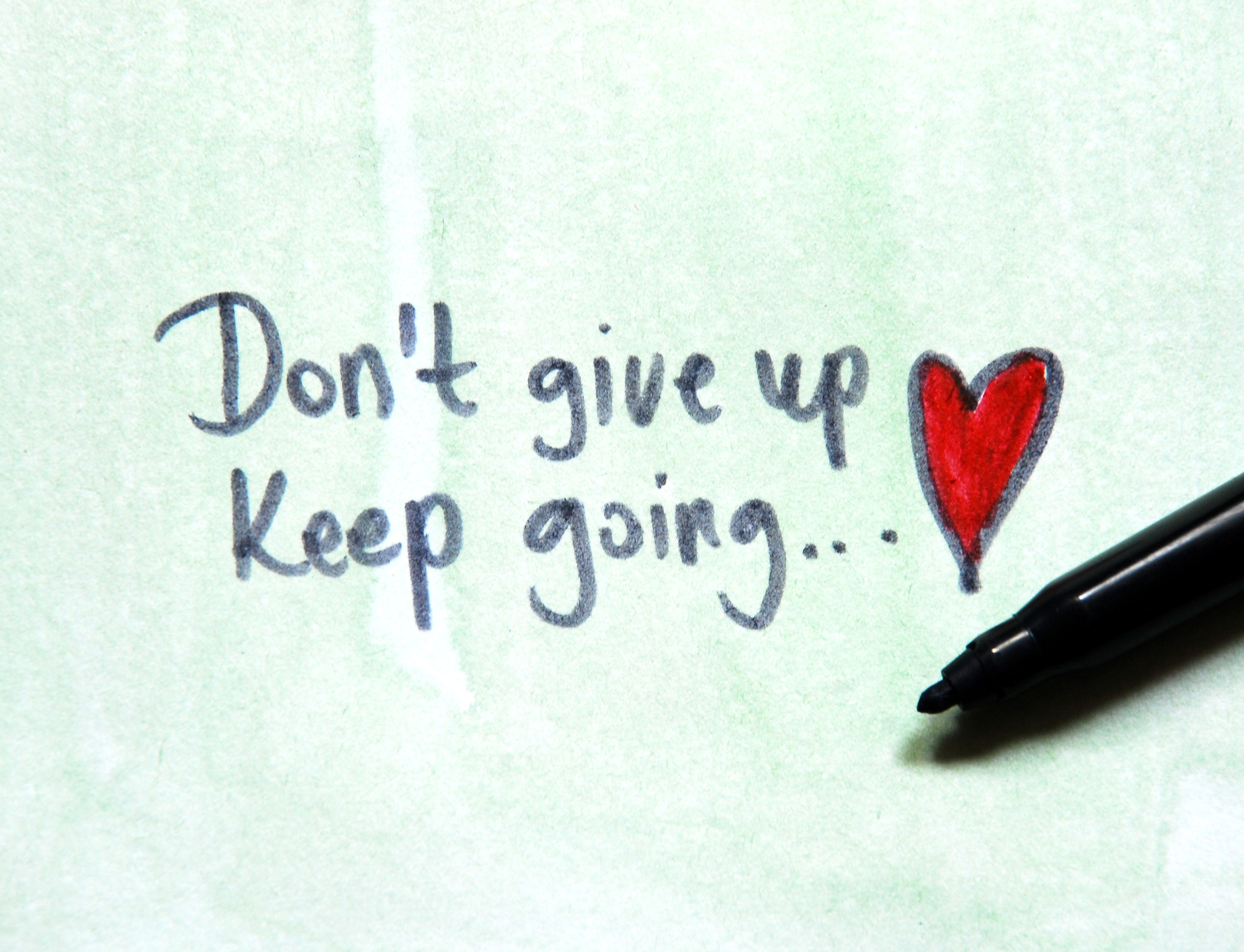
“If it were easy, everyone would do it,” “don’t give up before you start,” are cliché’s you may have heard of in the past. These definitely apply when living a low carbohydrate lifestyle.
Change is hard and our brains are hard-wired to protect us from it. So when it’s trying to convince you that you need carbohydrates and sugars just say NO! You need to push through those cravings. They will pass if you avoid these common pitfalls.
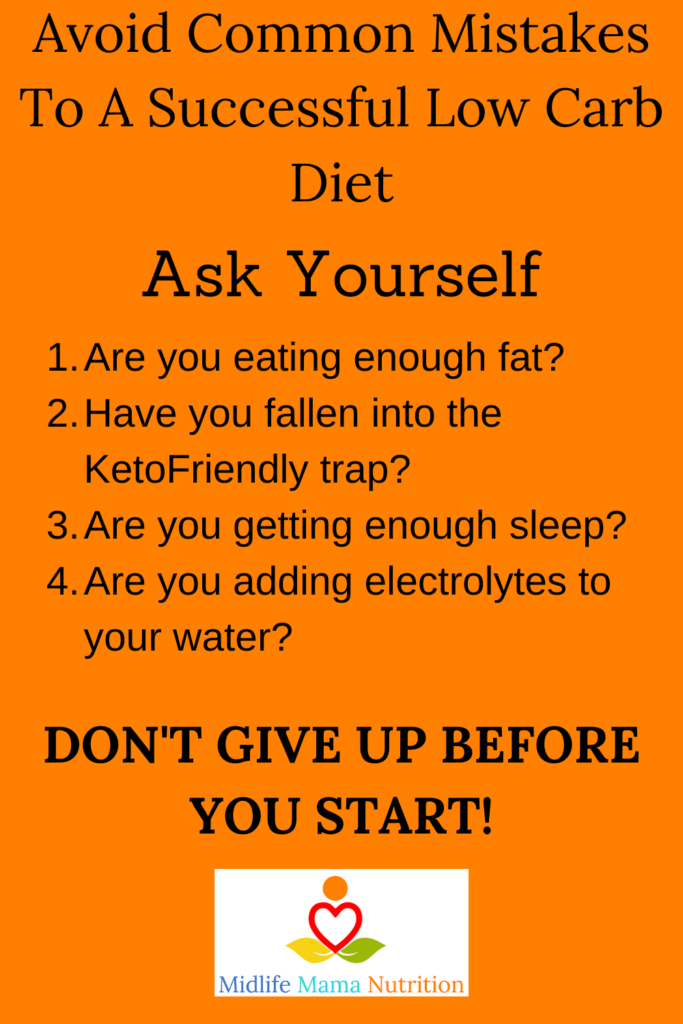
Once you answer them-adjust your eating habits and push forward. You got this!
Want to Learn More? Get our FREE High Energy-Low Carb Lifestyle Starter Kit.
MEDICAL DISCLAIMER: Before starting any diet, you should speak to your doctor or other professional healthcare providers. This post is for informational purposes only and is not to be considered medical advice. Nothing contained on this website is intended to establish a physician-patient relationship, replace the services of a trained physician or health care professional, or otherwise to be a substitute for professional medical advice, diagnosis, or treatment.

